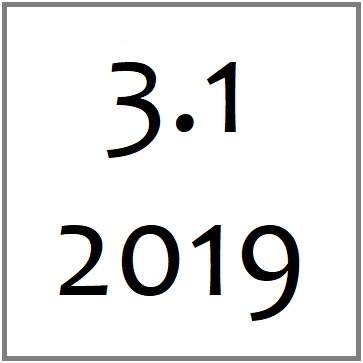Notes on Positionality
To curate plena as a DiaspoRican blanquita, or white-passing Puerto Rican woman, means that I should acknowledge the potential problematic of my positionality being read as speaking for ALL kinds of Ricans. There is certainly a problematic myth of Puerto Ricans as encompassing one race, which I and others have questioned in the past (Lugo-Lugo; Rodriguez Silva; Soto Vega and Chávez), at the same time there are powerful convictions and questions from the majority of US Americans about Puerto Ricans as not belonging to, or even a part of the US nation-state based on their ethnic and racial composition. This piece, then, aims to address issues of racism within Puerto Rico (explicitly articulated by Ruth Fernández in Plena as Protest), as well as the ways in which the genre is used in moments of activism that celebrate and facilitate survival, and in which it is most explicitly used as a counter to the US empire and its role in further oppressing one of its territories, especially in light of climate chaos.
Besides Historicizing La Plena, and its representation in educational documentaries produced in 1954 (La Plena) and 2001 (Raíces), which showcase plena’s survivance and resistance, I aim to highlight how contemporary groups of pleneras (women playing plena) defy the patriarchal presence of plena, where women are referred to as objects and/or where women solely dance (Reichard, 2019; Díaz Torres, 2019). Groups like Plena Combativa bring up critical gender and queer perspectives to their songs. Most importantly for my purposes here, they bring their songs to protests. While plena has been used as protest in the past—for example, in the University of Puerto Rico student protests of 2010 (Everhart, 2012, p. 213-4), 2019 has seen the rise of women activists using plena for political purposes. The summer of 2019 also represented a moment in which multiple factions of the Puerto Rican community came together to demand the then-governor (Ricardo “Ricky” Roselló) to resign, after the leak of a damning 900-page document of sexist, homophobic, and ableist chat messages between him and his closest friends, who were also part of his administration, demonstrated the disregard he and his administration has for his constituents. Being there this summer allowed me to witness the multiple ways in which plena was used as protest. But having been in Washington, DC in November of 2017 also allowed me to witness how plena is used as protest even in the diaspora, as we demanded the U.S. government to attend to Puerto Ricans who had been affected by the climate catastrophe that was hurricane María. Therefore, this piece crosses temporal and geographic points of Puerto Rican experiences.
